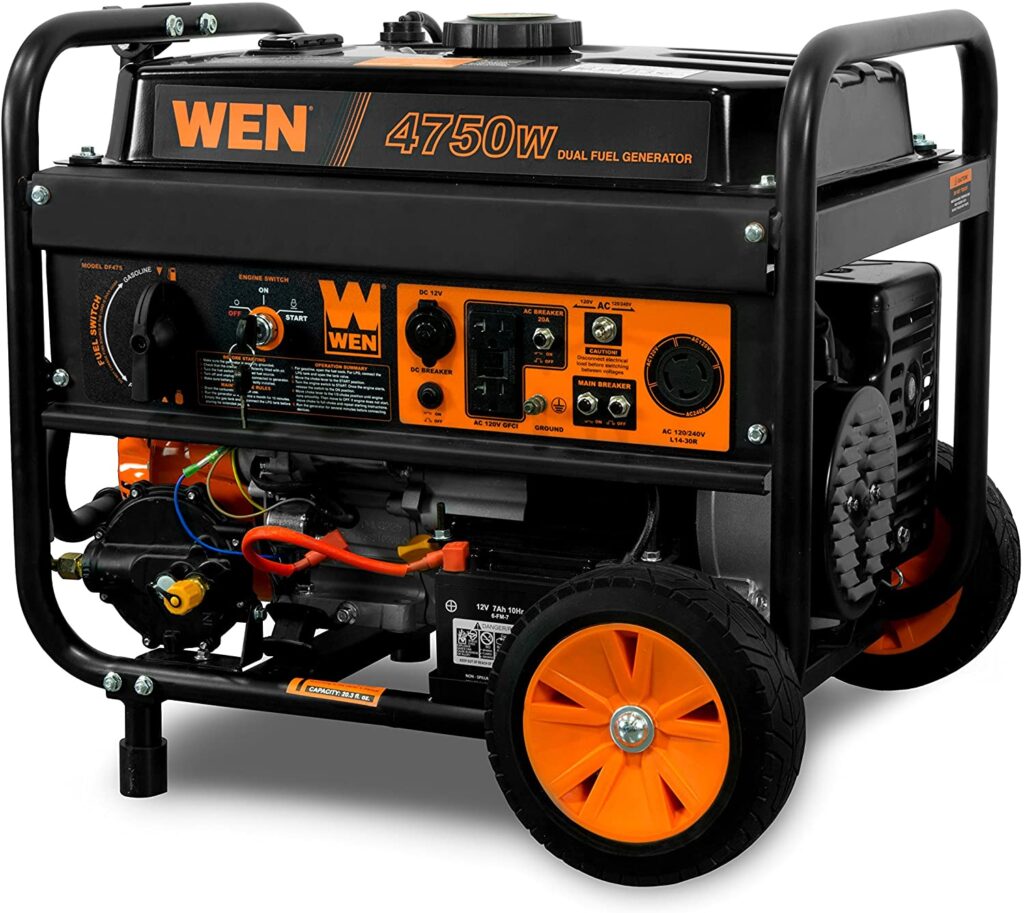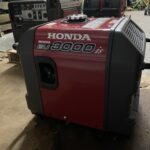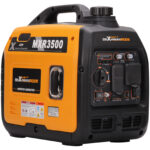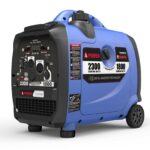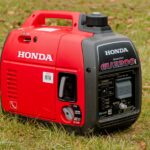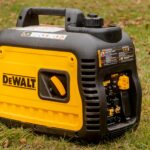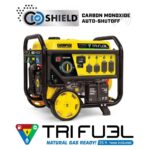A 240 generator is an essential tool for anyone who needs reliable, portable power. It is a compact, lightweight generator that produces up to 240 volts of electricity. It is ideal for applications such as camping, RVing, and running essential household appliances. It is also ideal for construction sites, where it can provide a reliable source of power for power tools and other equipment. With a 240 generator, you can unlock the power of your generator and get the most out of your investment.
Portable Generator
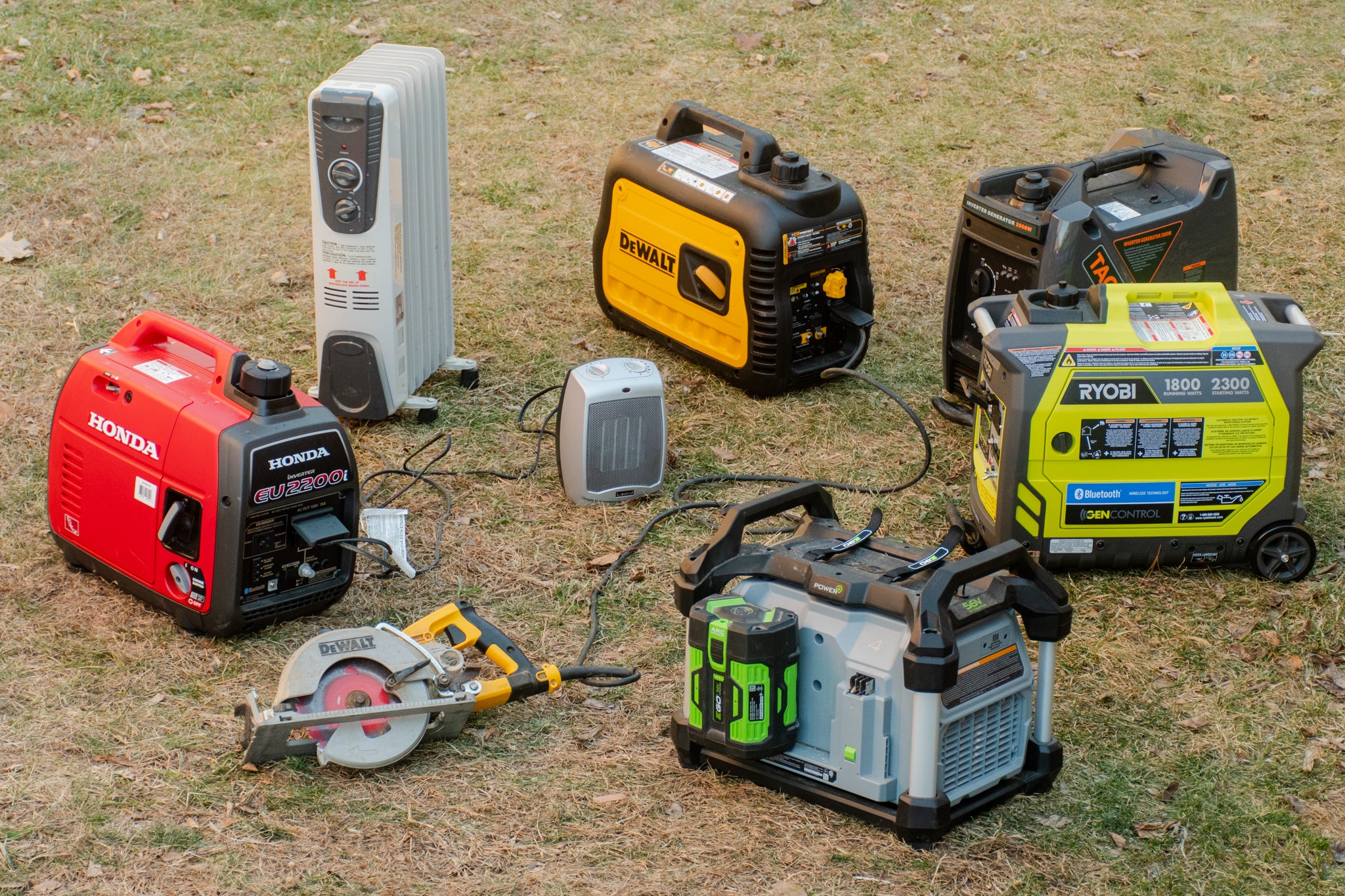
Portable generators are designed to be moved from one location to another, and are the most common type of 240 generator. Typically, these are powered by gasoline. They are ideal for camping, tailgating, and providing backup power for small appliances or tools.
Advantages of Portable Generators
Portable generators are relatively inexpensive, easy to transport, and can be used in a variety of settings.
Disadvantages of Portable Generators
Portable generators are typically not as reliable as standby or inverter generators and require more maintenance. They are also more prone to theft and vandalism.
Standby Generator
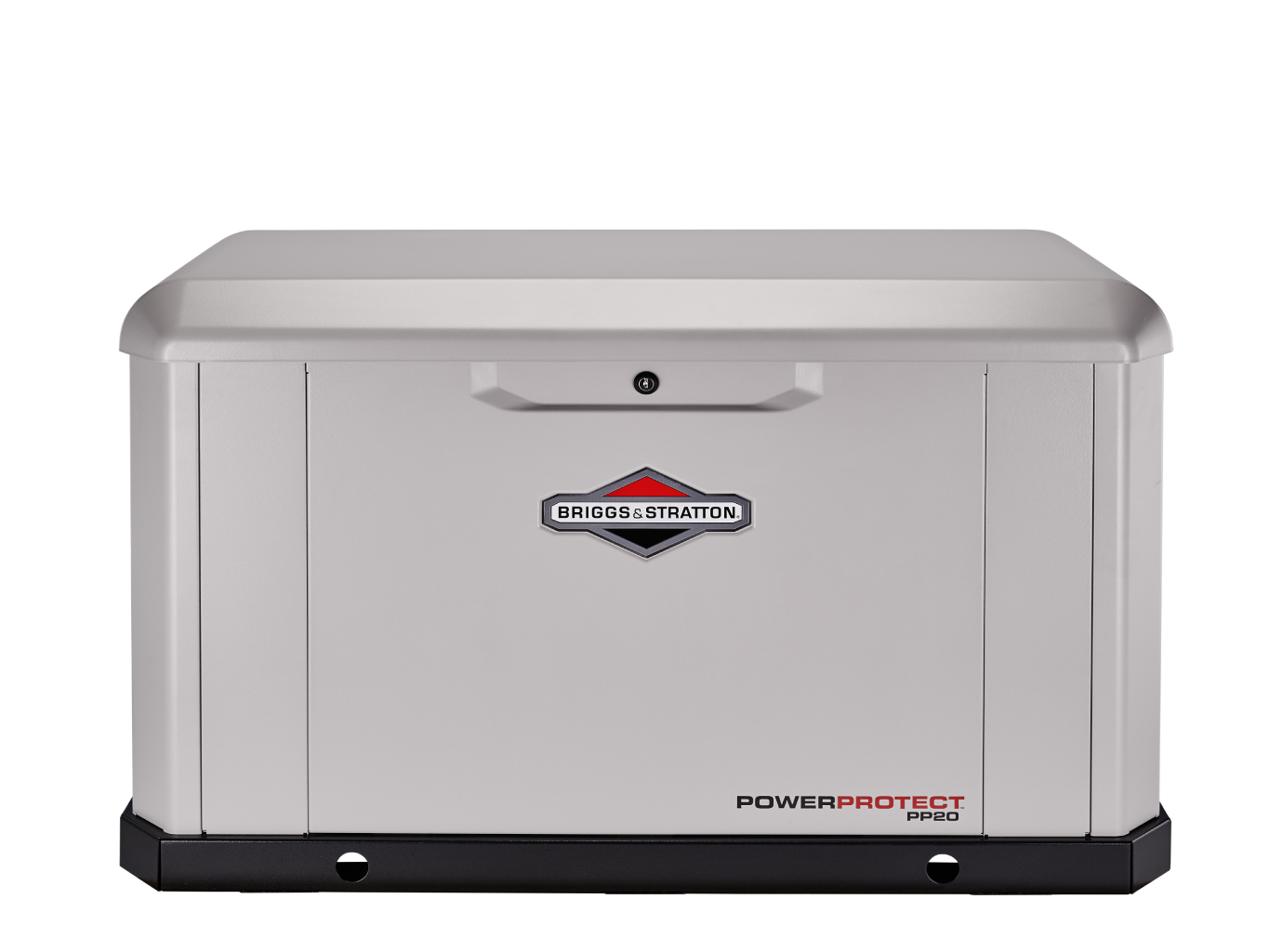
Standby generators are installed in a permanent location, such as a home or business, and are powered by either natural gas or propane. They are designed to provide backup power to essential circuits in the event of a power outage.
Advantages of Standby Generators
Standby generators are reliable, easy to maintain, and provide uninterrupted power in the event of an outage. They are also less likely to be stolen or vandalized.
Disadvantages of Standby Generators
Standby generators are more expensive than portable generators and require professional installation. They also require regular maintenance and fuel refills.
Inverter Generator
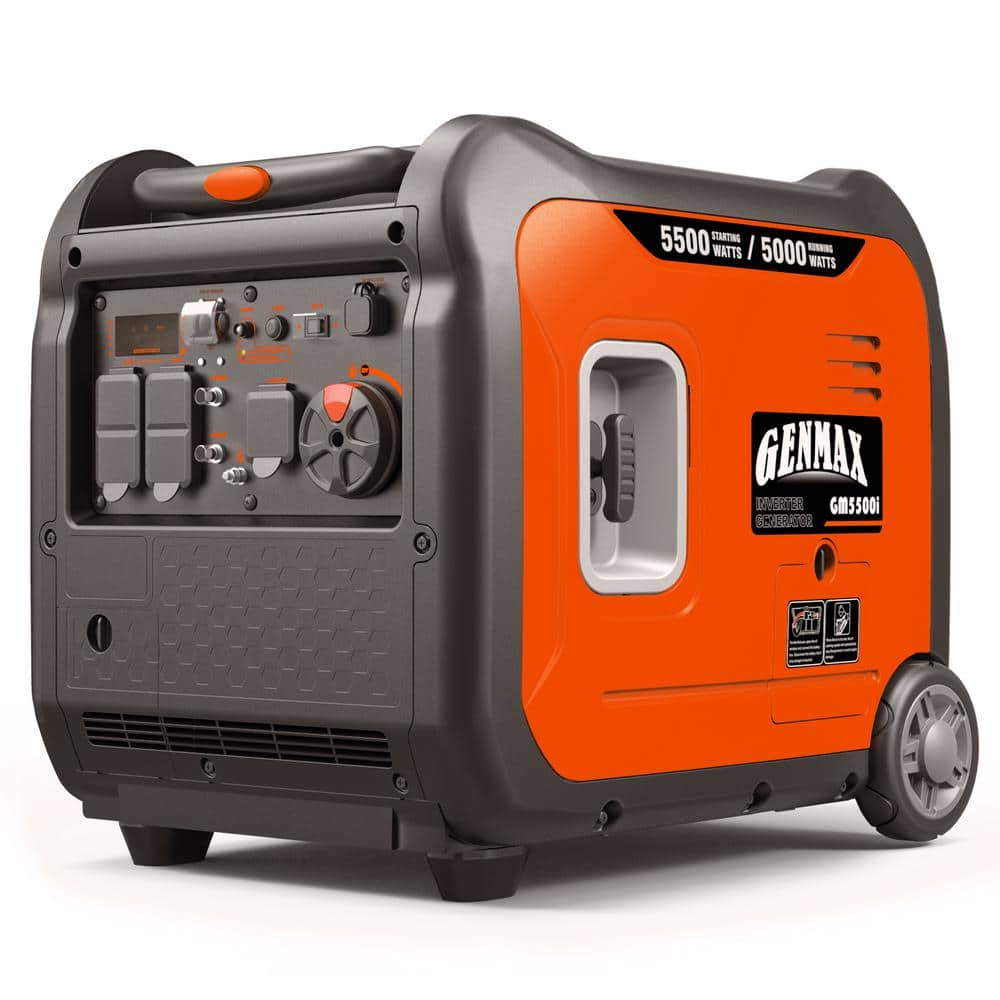
Inverter generators are similar to portable generators, but they are designed to be quieter and more fuel efficient. They are powered by gasoline and are ideal for providing backup power to sensitive electronics, such as computers and TVs.
Advantages of Inverter Generators
Inverter generators are quieter than other types of generators, more fuel efficient, and provide clean power for sensitive electronics.
Disadvantages of Inverter Generators
Inverter generators are more expensive than other types of generators and require more maintenance. They also don’t provide as much power as a larger generator.
Benefits of a 240 Generator
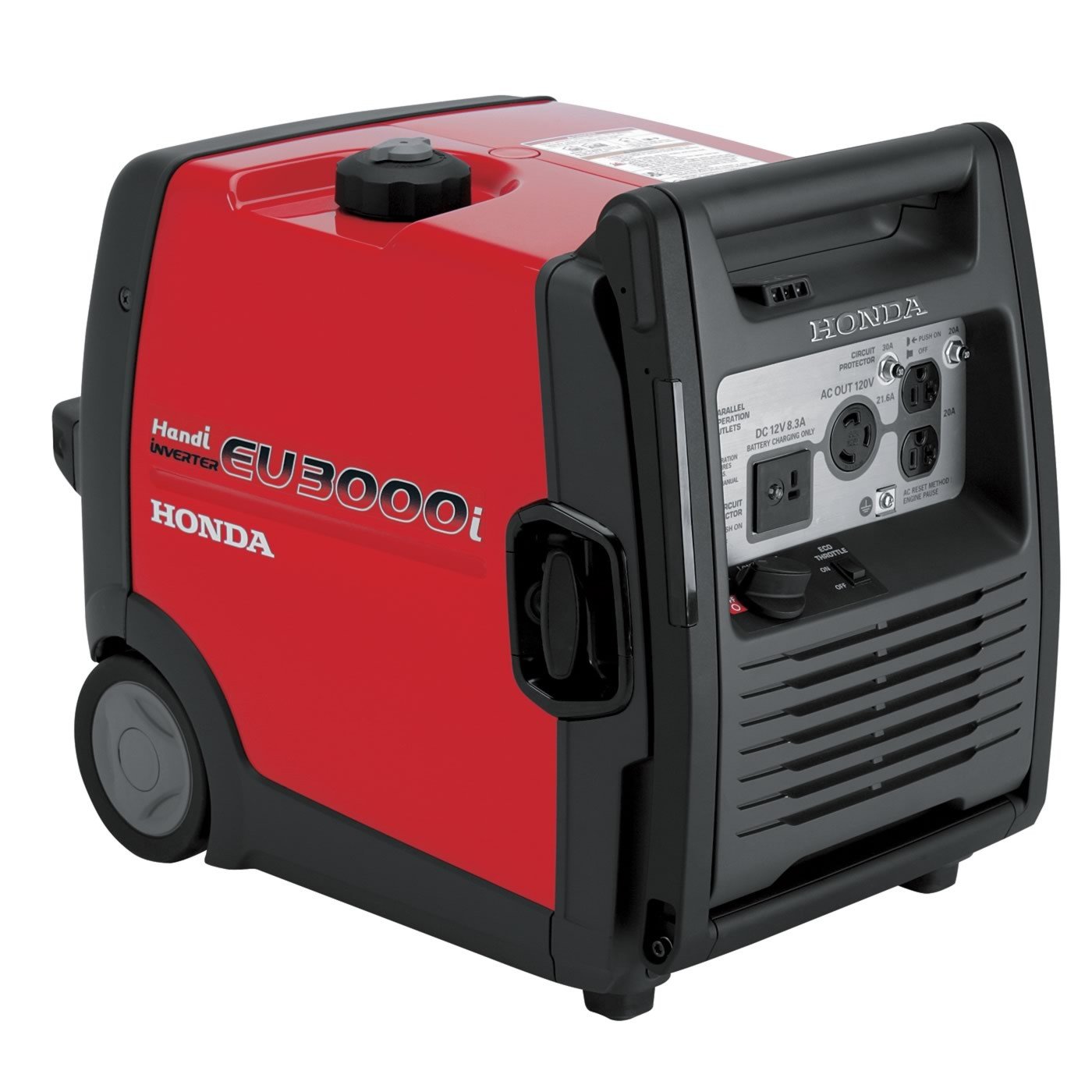
- Cost-effective way to provide 240 volts of power to a facility.
- Compact and lightweight, making it easy to transport.
- Can be used for a variety of applications, including emergency backup power.
- Available in a variety of output capacities.
- Many models are designed with energy-saving features.
- Low noise levels when operating.
- Easy to install and maintain.
- Highly reliable and durable.
Size and Power of a 240 Generator
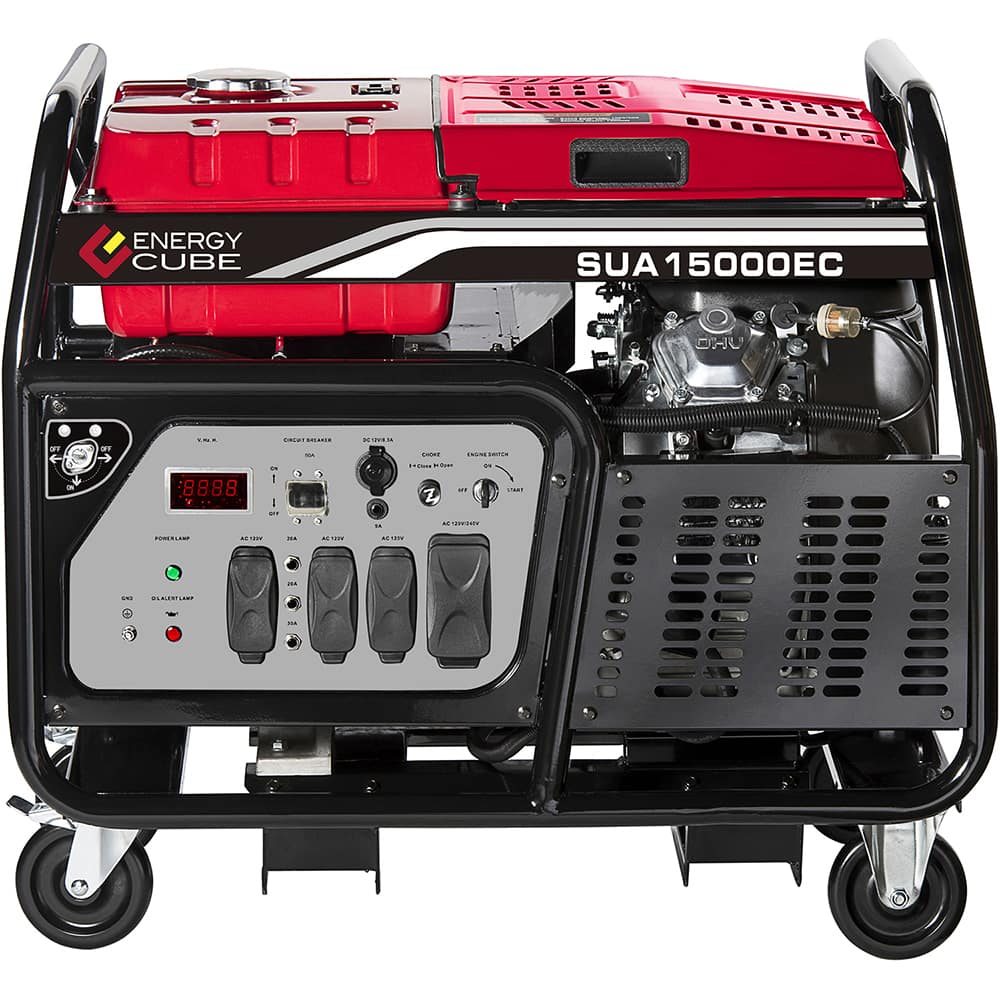
A 240 Generator is a large-capacity power generator that produces an alternating current (AC) of 240 volts. It is capable of supplying up to 30 kilowatts (kW) of electrical power. This type of generator is usually used for industrial applications such as powering large machinery, heavy-duty tools, and other large electrical equipment.
The size and power of a 240 Generator depends on its output capacity. The size of the generator is typically determined by its output capacity, which is typically expressed in kilowatts (kW). The size of the generator is typically determined by its power output, which is typically expressed in amperes (amps).
| Power Output | Size (inches) |
|---|---|
| Up to 5 kW | 20 x 20 |
| 5 – 10 kW | 30 x 30 |
| 10 – 15 kW | 40 x 40 |
| 15 – 20 kW | 50 x 50 |
| 20 – 25 kW | 60 x 60 |
| 25 – 30 kW | 72 x 72 |
The weight of a 240 Generator is typically determined by its size. A small generator with a 5 kW output can weigh as little as 150 pounds (lbs). A larger generator with a 30 kW output can weigh up to 900 lbs. The generator’s wattage also affects its weight, with higher wattage generators usually being heavier.
Cost of a 240 Generator
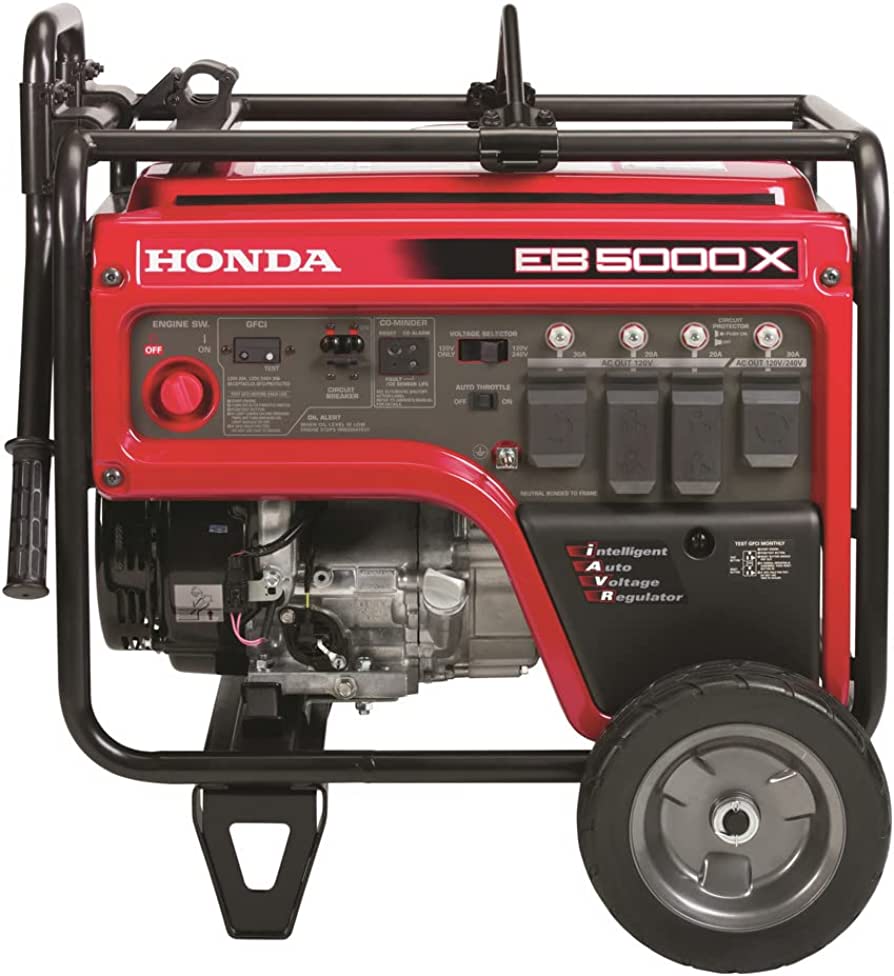
- Small/Light Duty: $500 – $1,000
- Medium Duty: $1,000 – $2,000
- Heavy Duty: $2,000 – $4,500
- Industrial Duty: $4,500 – $10,000+
The cost of a 240 generator depends on the size, power, and type of generator. Small or light duty 240 generators can cost between $500 and $1,000. Medium duty 240 generators cost between $1,000 and $2,000. Heavy duty 240 generators cost between $2,000 and $4,500. Industrial duty 240 generators cost between $4,500 and $10,000 or more.
Installation of a 240 Generator
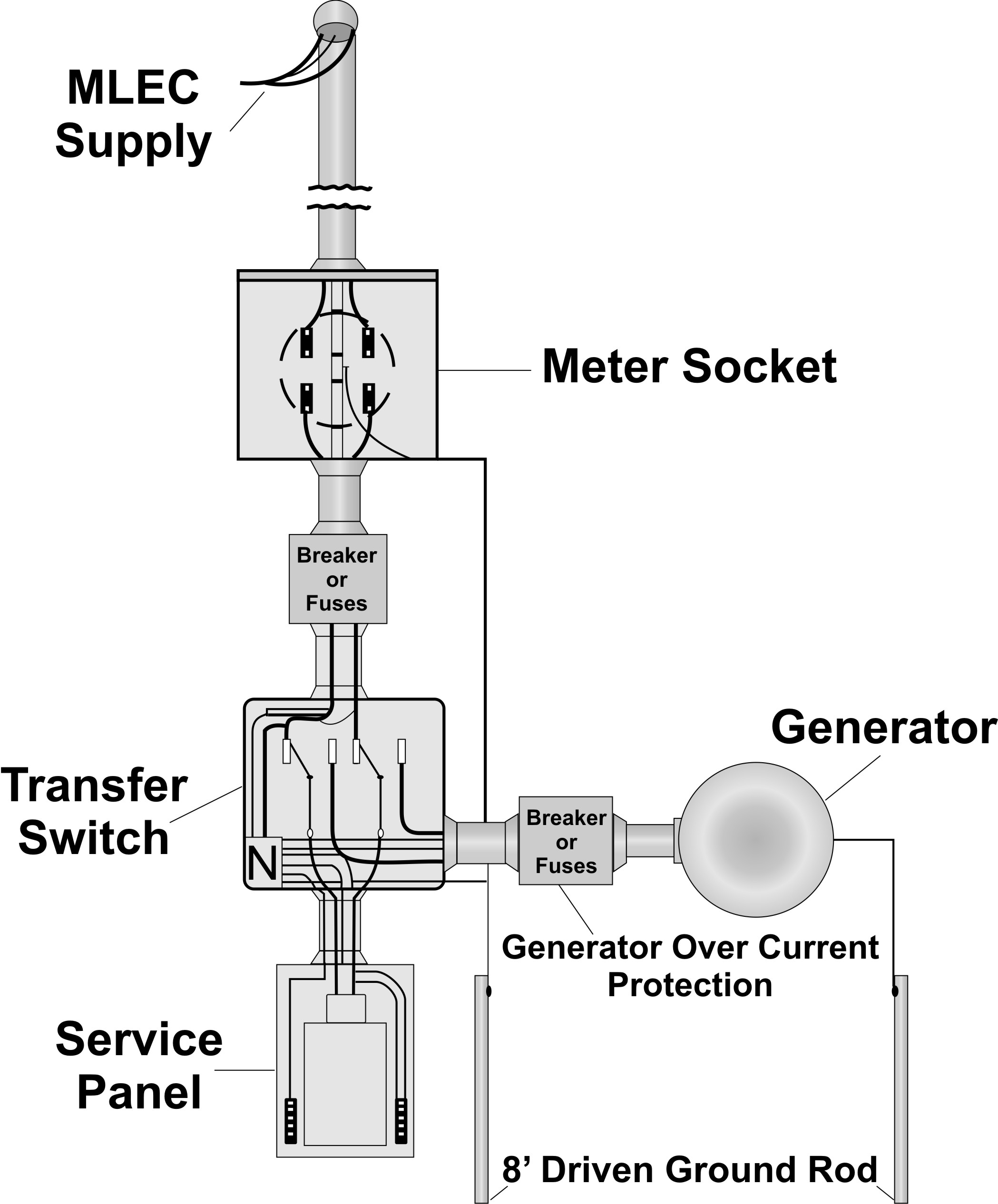
- Assess the generator location and make sure it is level and not subject to flooding.
- Secure the generator to the mounting surface using bolts or lag screws.
- Determine the appropriate fuel type for the generator, such as natural gas, propane or diesel.
- Install the fuel tank in accordance with the manufacturer’s instructions.
- Connect the fuel line to the generator and the fuel tank.
- Secure the fuel line in place using clamps or zip ties.
- Install the exhaust system in accordance with the manufacturer’s instructions.
- Connect the generator to an AC outlet.
- Connect the generator to an appropriate grounding rod.
- Check the oil level and fill as necessary.
- Check the coolant level and fill as necessary.
- Start the generator and run it for several minutes.
- Test the generator by connecting it to a load.
Safety and Regulations for a 240 Generator
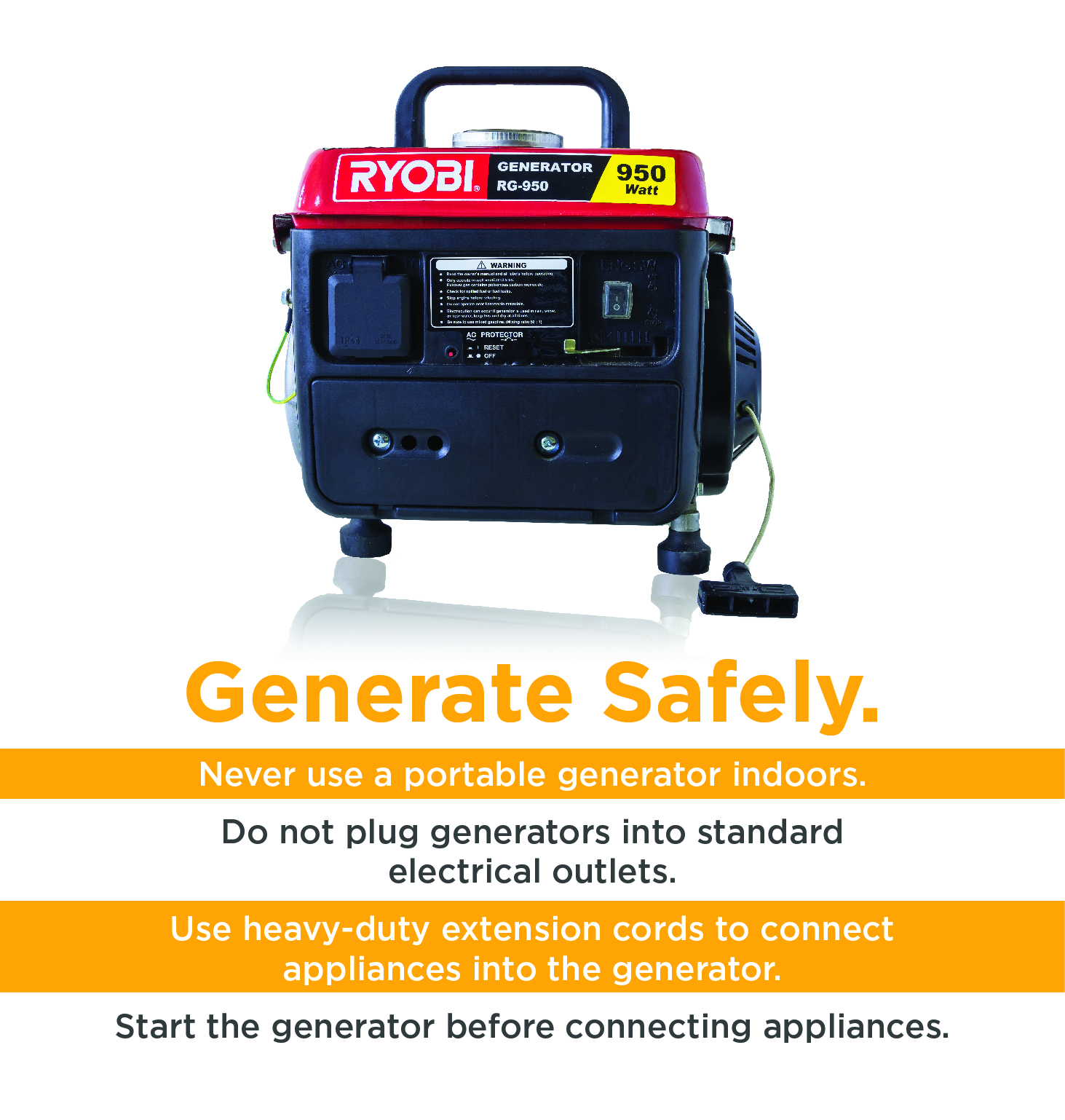
Before operating a 240 generator, it is important to understand and adhere to safety regulations. When working with a 240 generator, make sure to exercise caution. Wear protective gear such as gloves, goggles, and long-sleeved clothing to protect yourself from sparks and potential shock hazards. Additionally, keep the generator away from combustible materials and areas that could lead to fire or explosion.
When using the generator, it is essential to keep the exhaust away from windows and ventilation systems. This can help prevent carbon monoxide poisoning. Additionally, use the manufacturer’s recommended fuel and oil to ensure the proper functioning of the generator and prevent damage to the engine.
It is also important to ground the generator to prevent shock or electrocution. Use a grounding rod, ground wire, and U-bolts to secure the generator to the ground. Additionally, use a voltage regulator to ensure that the engine is not overloading the electrical system.
Finally, be sure to inspect the generator regularly for loose wires and other potential hazards. Additionally, have the generator serviced by a qualified technician at least once a year. This can help ensure that the generator is running safely and efficiently.
Maintenance of a 240 Generator
It is important to perform regular maintenance on a 240 generator in order to ensure it operates properly and safely. The following are some tips for maintaining a 240 generator:
- Check the oil level regularly, and change the oil and oil filter as recommended by the manufacturer.
- Check the air filter regularly and clean or replace as needed.
- Check the spark plug regularly and replace as needed.
- Check the fuel system for leaks and clogs.
- Check the radiator for corrosion and clean or replace as needed.
- Check the coolant level and add coolant as needed.
- Check the battery and battery cables for corrosion and clean or replace as needed.
- Check the fuel lines for leaks and clogs.
- Check the generator for loose or worn parts and repair or replace as needed.
- Check the generator for signs of wear or damage and repair or replace as needed.
It is important to follow the manufacturer’s recommendations for maintenance and to use only genuine replacement parts. Proper maintenance will extend the life of the generator and ensure it runs safely and efficiently.
Troubleshooting a 240 Generator
- Check the fuel level and refill if necessary.
- Make sure the fuel valve is open and not blocked.
- Check the oil level and top up if necessary.
- Check the spark plugs and replace if necessary.
- Make sure the spark plug cables are attached properly.
- Check the air filter for clogging and clean or replace if necessary.
- Check the ignition coil and replace if necessary.
- Check the carburetor and clean or replace if necessary.
- Check the generator’s main power switch and reset if necessary.
- Check the voltage regulator and adjust if necessary.
Frequently Asked Questions
What type of generator is a 240v generator?
A 240v generator is a type of stationary generator that produces a 240-volt output. It is commonly used to provide backup power for homes, businesses, and industrial applications. It is also used to power large machines and equipment in areas where access to the main power grid is not possible.
What are the Benefits of Using a 240v Portable Generator?
A 240v portable generator is a great way to provide reliable and safe power in any location. These generators are ideal for use in homes, businesses, and recreational activities. Benefits include: providing a backup power source in case of a blackout, producing clean and consistent power, being more efficient compared to other generators, and being smaller and portable for easier transportation and storage. Additionally, these generators are cost-effective, quiet, and can be used to power various appliances.
How do I choose the right 240v generator for my needs?
When choosing a 240v generator, it is important to consider the size and power output of the generator, as well as the type of fuel it uses. Make sure the generator is sized to meet your specific requirements. If you plan to use the generator for heavy-duty applications, a larger and more powerful generator will be necessary. Consider the type of fuel the generator uses – diesel or gasoline – and decide which one is best for your needs. Make sure the generator has the necessary safety features, such as an overload protection switch, that will protect you and your equipment from damage. Lastly, research the various models available to determine which one is the best fit for your needs.
What Safety Precautions Should I Take When Using a 240 Generator?
To ensure safe operation, use 240 generators only in well-ventilated areas and keep combustible materials away. Always wear protective eye and ear wear when operating. Be sure to check the oil level and fuel level before each use. When refueling, turn the generator off and allow it to cool completely. Clear the area around the generator of debris. When moving the generator, use a dolly and lift it by the handles. Disconnect the generator from the power supply before performing maintenance. Do not overload the generator; check the wattage rating before plugging in appliances. Check that all connections are secure and in good condition.
How do I maintain a 240v generator to ensure optimal performance?
Regularly inspect and clean the generator, including the air filter, spark plugs and engine oil. Check the fuel tank for water, dirt and other contaminants and replace the fuel filter if necessary. Ensure the battery is fully charged and check the voltage output regularly. Test the unit with a load to make sure the output is correct. Make sure the generator is securely mounted and that the exhaust is free from obstructions. Finally, make sure to follow the manufacturer’s instructions when performing maintenance or repairs.
Conclusion
A 240 generator is an essential tool for any generator users. It provides a reliable and safe connection to the power grid and provides more powerful power than other available generators. With its high level of performance, it is perfect for powering a wide range of applications, from small appliances to large industrial machines. With regular maintenance, a 240 generator can provide dependable power for years to come.
